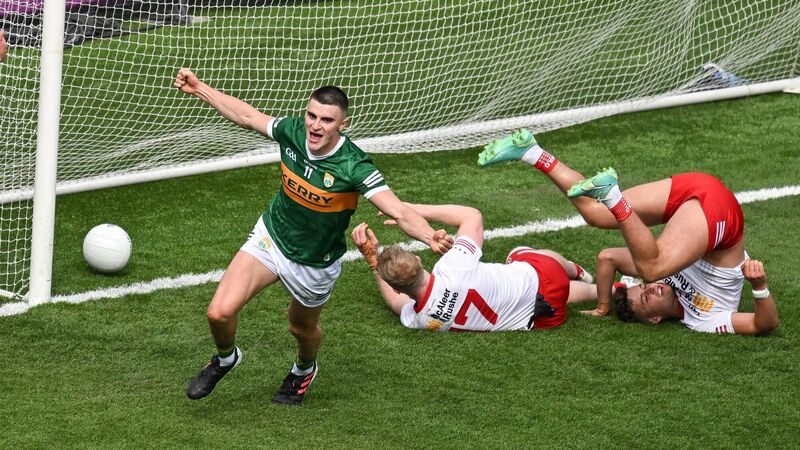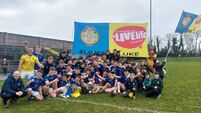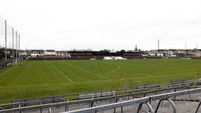As a member of the GAA for over 50 years it truly pains and upsets me to see how this once great association now treats it’s members who are unable to attend many big games as they may have done in former years. It’s an absolute disgrace that this past weekend two of the All-Ireland Football quarter-final games could not be viewed on free-to-air television.
Last month some of the high-profile hurling games were similarly unable to be viewed. Shame on the GAA for hiding behind this GAAGo ‘paywall’, shame on the GAA for saying ‘we’ll look at it at the end of the year’.
Already a subscriber? Sign in
You have reached your article limit.
Subscribe to access all of the Irish Examiner.
Annual €130 €80
Best value
Monthly €12€6 / month
Introductory offers for new customers. Annual billed once for first year. Renews at €130. Monthly initial discount (first 3 months) billed monthly, then €12 a month. Ts&Cs apply.












